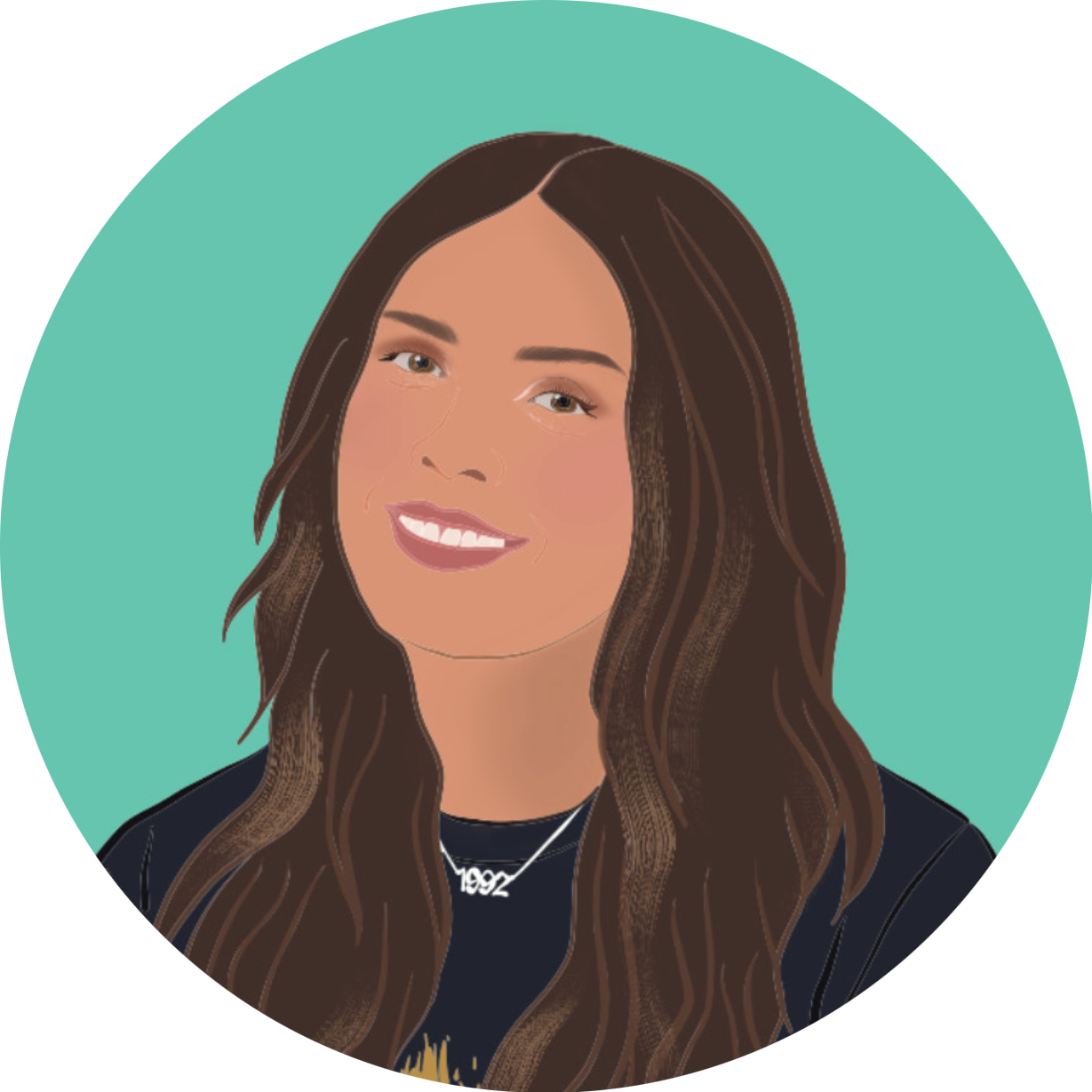Max’ed Aadan (L), recipient of the Spotify Podcast Scholarship, and Chloe Sackur (R) are both mature students on City St George’s MA in Podcasting.
Just as with any kind of journalism, it is vital that podcast creators be as informed as possible when working within media law, especially when dealing with sensitive subjects. For those just starting out, a copy of McNae’s Essential Law for Journalists can be a good starting point. Often, it’s about knowing when to call in the experts, rather than knowing all the answers yourself.
Let’s Get Down To Business
Even though it’s easy to get caught up in the excitement of the creative process, it’s important to remember to treat your podcast project like a business from day one. At the end of the day, unless you are approaching podcasting from a hobbyist perspective, then you need to treat your podcast like a job, from establishing your target audience, to networking, to branding yourself.
Max’ed says that it’s vital to determine the validity of a podcast concept before launching it out in the real world. “You have to come up with a business case. You have to do all the research required and figure out what’s going on in the market: why that? Why is there a space for the podcast you are trying to pitch?” He adds that it all “feels reflective of the industry”.
The importance of getting your work out there cannot be underestimated, and in the past few years, the rise of video in the podcasting space has been undeniable. But, as Hannah rightly points out: “Video podcasts are very great for marketing, but obviously they literally double the workload.”
And while video podcasts offer an alternative experience for listeners (or viewers), promoting the podcast has increasingly become reliant on vertical video as a marketing tool across social media channels. Grabbing as many clips as possible when conducting an interview will make sure you have options later on.
Despite recognising that he found it “a bit daunting to start using social media again”, Max’ed found the ‘Social Community and Multimedia Management’ module helpful in learning how to develop a professional social media presence and get you “out of your comfort zone”.








